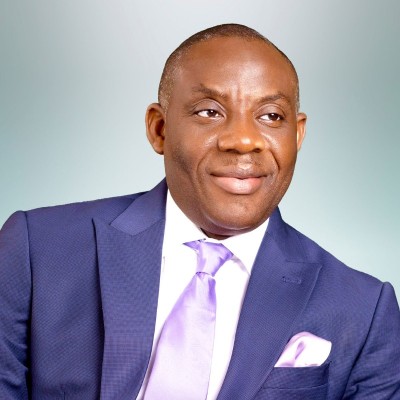Advancing Nigeria’s Healthcare Sector: A Conversation with Dr. Tunji Alausa
In this insightful interview, Dr. Tunji Alausa, Minister of State for Health, sheds light on the Federal Government’s comprehensive strategy to rejuvenate Nigeria’s healthcare sector. From bolstering investment to addressing workforce challenges and pharmaceutical regulation, Dr. Alausa outlines key initiatives aimed at improving healthcare access and quality across the nation.
Increasing Investment in Healthcare: Dr. Alausa emphasizes the importance of augmenting funding for healthcare, noting that the 2024 budget allocates the highest amount to the sector in nearly a decade. The government has identified four pillars to revitalize healthcare, including enhancing governance, improving infrastructure, unlocking the healthcare value chain, and fostering economic growth.
Unlocking the Healthcare Value Chain: To transform the healthcare sector into an economic driver, the government plans to domesticate pharmaceutical manufacturing, ensuring that multinational companies contribute to local production. This initiative aims to stimulate job creation and reduce the country’s reliance on imported pharmaceuticals.
National Health Sector Renewal Initiative: Dr. Alausa discusses the comprehensive nature of this initiative, which encompasses various reforms, funding mobilization efforts, and workforce capacity building. Key components include sector-wide programming, basic healthcare funding, frontline worker training, and infrastructure development.
Addressing Pharmaceutical Pricing: Recognizing the high cost of drugs as a significant challenge, Dr. Alausa highlights government efforts to reduce pharmaceutical prices through policy interventions and engagement with multinational pharmaceutical companies. Initiatives include reviewing pharmaceutical laws and promoting local manufacturing.
Kidney Disease Management: Dr. Alausa outlines plans to address kidney disease by establishing a national kidney program, expanding access to dialysis and transplant services, and implementing an organ donor system. These initiatives aim to improve treatment affordability and reduce the prevalence of illegal organ trade.
Workforce Challenges: Dr. Alausa acknowledges disparities in consultant pay and staffing shortages in teaching hospitals. The government is working to address these issues through salary reviews, streamlined hiring processes, and enhanced workforce management strategies.
Future Outlook: Despite existing challenges such as energy shortages and workforce emigration, Dr. Alausa expresses optimism about Nigeria’s healthcare sector’s future. He underscores the government’s commitment to implementing reforms, improving infrastructure, and enhancing workforce welfare to drive sustainable growth and development.








